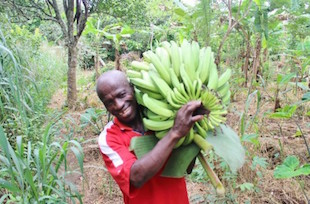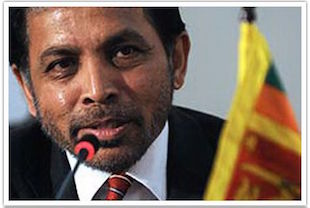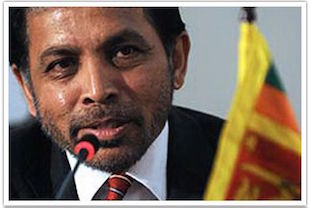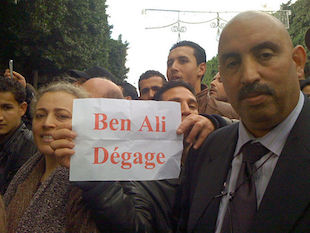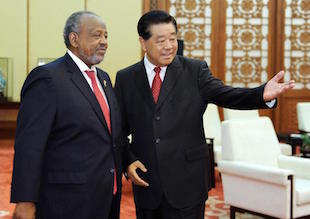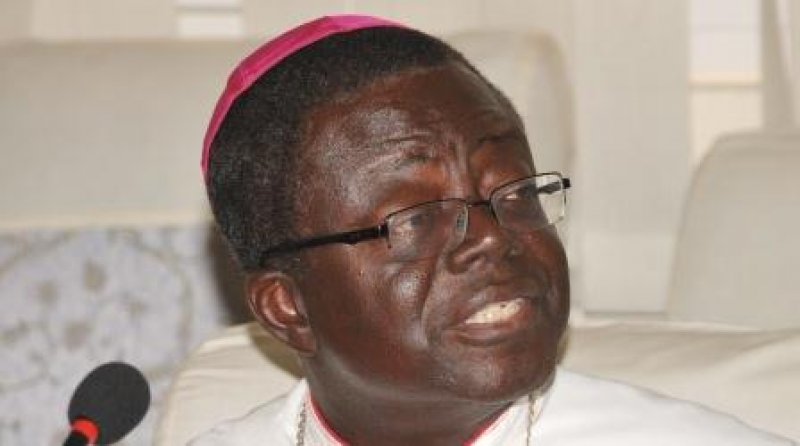By Max-Otto Baumann* | IDN-InDepthNews Viewpoint
BONN (IDN | GDI) – The 2030 Agenda, with its 17 Sustainable Development Goals, adds new urgency to the reform of the UN Development System (UNDS). If we wish the UNDS to play a decisive role in sustainable development, it must be made fit for purpose. UN member states have recognized the need for action.
In December 2014, they launched a state dialogue in the Economic and Social Council (ECOSOC) in order to discuss the longer-term positioning of the UNDS and present concrete reform proposals by mid-2016. To date, no breakthrough has been achieved. Participating states are opting for incremental reforms within existing mandates and structures, which are unlikely to bring the necessary changes.

